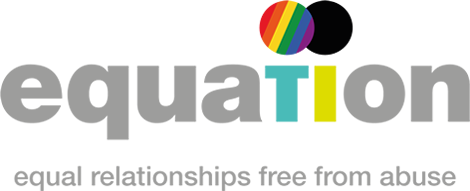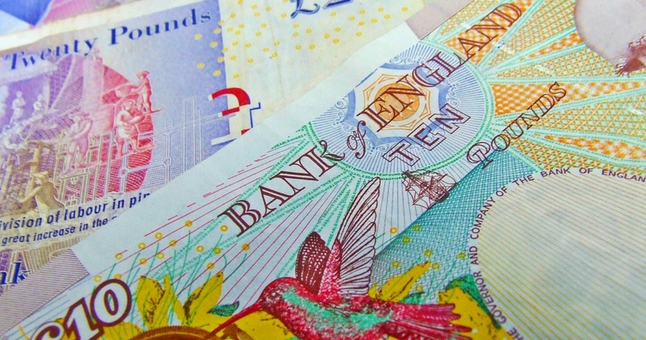There are several different ways that an abuser may try to control someone. Although violence (or the threat of it) is the type of abuse most people think of, an abuser may try to gain power through emotional or sexual abuse, through coercive control, or through financial abuse.
Financial abuse is a form of domestic abuse. An abusive partner may stop you from having control over your money as a way of trying to exert power over you.
A financially-abusive partner may also be physically violent, but it’s not always the case. Financial abuse in the home – whether or not it’s accompanied by other types of abuse – can leave you feeling isolated, lacking in confidence and trapped.
Some of the signs to look out for include –
Checking everything you spend your money on and allowing you only a very limited income.
Preventing you either from working or gaining promotion or from furthering your career through study.
Insisting that every bill or debt is in your name or making you take out loans.
Taking your money without asking you, running up debts or spending large amounts of money on themselves whilst you have very little.
Taking away, damaging or destroying your possessions.
Making you ask your partner – or others – for money.
Making you account for every penny you spend – for example by showing receipts.
It doesn’t matter whether financial abuse is happening alongside other abuse or not, it is still abuse, it is still about control and it needs to be addressed.
There are ways that you can try to regain control over your finances. If you choose to leave an abusive partner, you can find out what your rights and options are, as well as the support you can get, so that you can plan for the point when you leave and for your future.
In conjunction with The Co-operative Bank, Refuge have produced a detailed guide to dealing with financial abuse, which sets out steps that you can take whether you are living with financial abuse, planning to leave an abuser or have left and need advice. You can access the guide here.
As always, there is support available for you if you need advice or someone to talk to, whatever kind of abuse you – or someone you know – may be experiencing.
It is important that everyone experiencing abuse feels supported and able to seek help whenever they need it.
If you are a woman experiencing abuse you can call the local Domestic Abuse Helpline on 0808 800 0340.
If you are a child or young person experiencing domestic abuse you can call Childline on 0800 1111 or talk to them online.
If you are a man experiencing domestic abuse you can call Equation’s domestic abuse service for men on 0115 960 5556.

